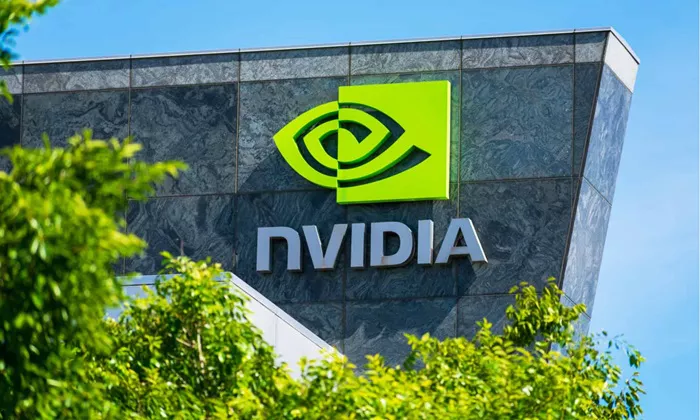Semiconductor company Nvidia (NASDAQ: NVDA) holds a commanding position in the artificial intelligence (AI) chip market, with analysts estimating that its graphics processing units (GPUs) account for up to 95% of AI chip sales. However, history is replete with examples of once-dominant brands that faltered due to failure to innovate and maintain technological leadership.
Historical Cautionary Tales
Prominent examples include IBM, which was a leader in mainframes and storage solutions but faltered in the face of emerging cloud computing and PC technologies. Similarly, Cisco, once the most valuable company globally, lost its leading position as it failed to adapt to changing technological demands. Other notable examples of fallen giants include AOL, BlackBerry, Blockbuster, Kodak, and MySpace. While Nvidia is not currently in immediate danger of joining this list, history suggests that shareholders should remain cautious and aware of potential competition.
Apple’s Strategic Shift
Earlier this year, Apple unveiled its new suite of AI capabilities, Apple Intelligence, for iOS and macOS devices. This includes advanced features such as text drafting and revision, image generation, and improved Siri functionalities, set to launch in late October. Importantly, Apple did not utilize Nvidia GPUs for this development. Instead, it employed custom silicon called tensor processing units (TPUs) developed by Alphabet’s Google and Broadcom. Broadcom’s involvement in designing custom AI chips for other major tech companies like Meta Platforms, OpenAI, and ByteDance highlights a significant shift away from Nvidia’s technology.
Apple’s choice to use TPUs instead of Nvidia GPUs underscores the existence of viable alternatives in the AI chip market. The impact of this decision will become clearer based on the performance and reception of Apple Intelligence. If successful, Apple’s move could prompt other companies to explore alternatives to Nvidia’s GPUs.
Amazon’s Custom AI Chips
Amazon Web Services (AWS) has also entered the custom AI silicon arena with its Trainium and Inferentia chips, designed for AI training and inference, respectively. While these chips do not aim to surpass Nvidia GPUs in performance, they offer a cost-effective alternative. Amazon CEO Andy Jassy highlighted strong customer demand for these custom chips, citing their superior price-performance ratio.
Despite ongoing partnerships with Nvidia, both Alphabet and Amazon have pursued their custom chip development, signaling potential future shifts in market dynamics. AWS’s focus on cost-effective silicon could lead to increased competition for Nvidia, potentially impacting its market share and profit margins.
Investment Considerations
For investors contemplating a stake in Nvidia, it is worth noting that The Motley Fool’s Stock Advisor analyst team recently identified ten stocks with strong growth potential, and Nvidia was not among them. Historical performance, such as a $1,000 investment in Nvidia on April 15, 2005, which would have grown to $630,099, illustrates the company’s past success. However, current competitive pressures suggest that careful consideration is warranted before making investment decisions.
Conclusion
Nvidia’s current dominance in the AI chip market is significant, but emerging competition from companies like Apple and Amazon presents potential risks. As technological advancements and market preferences shift, investors should stay informed about these developments to make prudent investment choices. The evolving landscape in AI technology highlights the need for vigilance in assessing the long-term prospects of leading semiconductor companies.
Related Topics:

